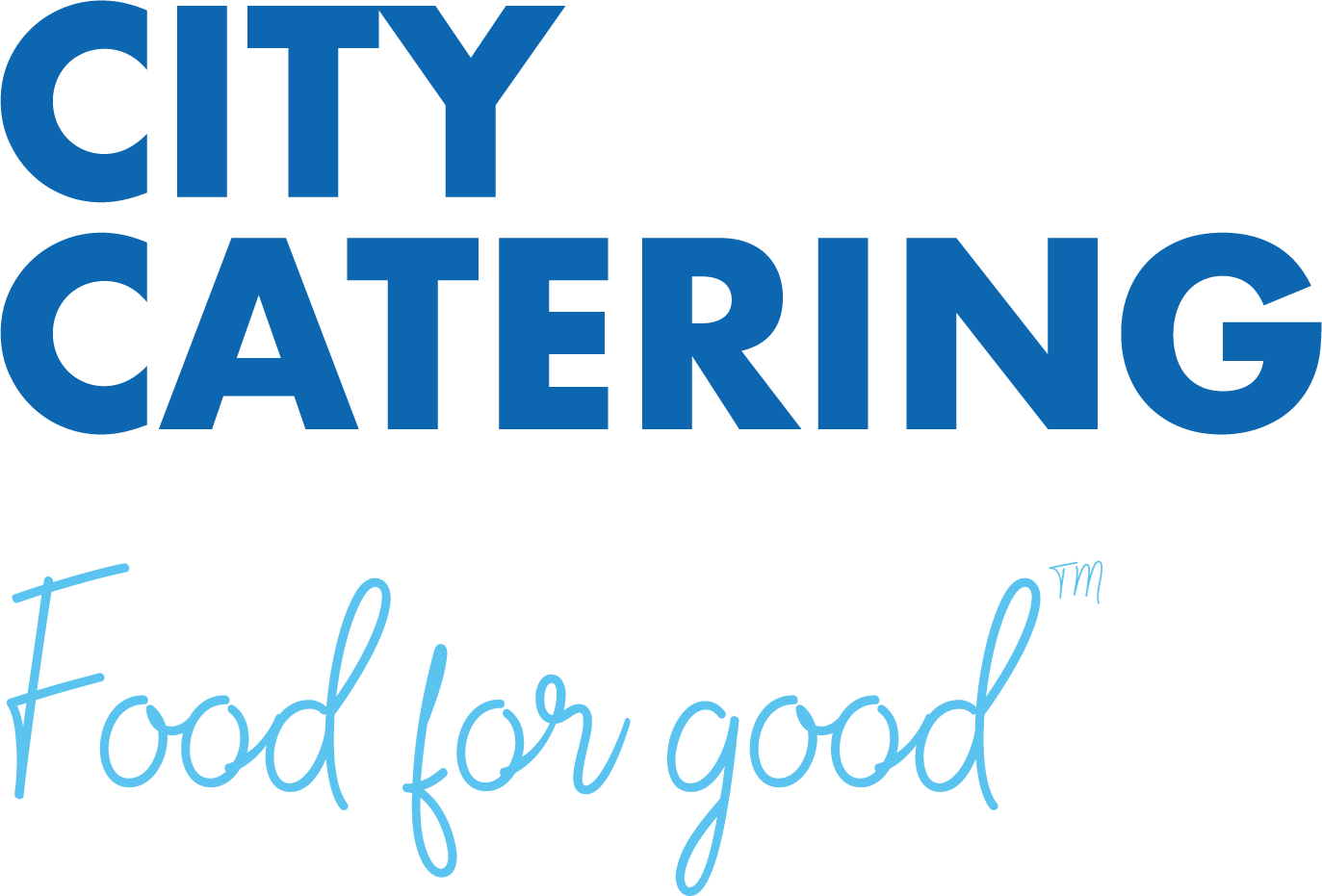7 steps why a weekly food plan is good for the bank balance and your health
We know that when money is tight - the idea of the weekly food shop can fill you with dread. But a healthy shop doesn’t need to be expensive, in fact it can be much cheaper and last longer compared to one filled with convenience items. But the key to unlocking a healthier and cheaper shop lies in a food plan. We guarantee that using a well-thought-out food plan will save you money and allow you to enjoy tasty, nutritious meals all week.
Ok, don’t be freaked out by the term food plan. Essentially it’s just a organised shopping list.
Without a plan or list, the shopping experience can turn out to be stressful, feel a bit like a guessing game and often lead to a surprise at the till. With the big brands, like Coca-Cola and Cadbury investing heavily into in-store marketing and price promotions, we often reach for them thinking they’re a good deal, when in fact they are the worst choice in terms of our health and our bank balance. Convenience options (even with the big & bold price promotions) can be expensive and come packed with calories, sugar and preservatives.
Eating healthy has lots of knock on effects, as well as your physical health, it can make a massive difference to your mood, energy and how you think.
Having a shopping list can get you in and out of the store quickly, helps you stick to your healthy eating plan and reduces the chance of being drawn in by those pesky impulse buys.
So, how do we go about writing a food plan?
Plan your week.
First things first, what are you actually doing this week? Work out what nights you’re in and who else in the house will be eating. Then start thinking about meals for each night. If your son has football one night, he might need a quick meal before he goes to training - so plan something easy, quick to knock up and high in protein. For the weekend when you have more time, consider a one pot dish that needs more time to cook, like a stew or a soup that’s full of cheap and healthy items. Check what ingredients you already have and make a note of their expiry dates - if your eggs are going off on Wednesday, consider making a big frittata on Tuesday to use them up and reduce food waste.
Write down the ingredients, not the meal.
Don’t just put ‘Spaghetti Bolognese’ on your list - write all the ingredients you need to make Spaghetti Bolognese. Look at the recipe, check your kitchen to see if you have any of the ingredients already and then write down the ones you actually need. There is nothing worse than running through the supermarket racking your brain for what goes into the recipe, only to get home and realise you forgot the spaghetti!
Organise your list by aisle.
Ok, this sounds like a lot more effort than it actually is. As you’re adding items to your list, just write them in different sections based on if they’re frozen items, found in the fruit and veg aisle, meat section and so on. That way you can easily navigate your list as you go through the shop, making the experience a whole lot more enjoyable, reducing the last minute dash back to aisle 1 and making you less likely to forget items.
Use websites to help.
There are lots of free resources online to help with meal planning, recipe finding and writing a shopping list. You don’t need to buy an expensive cook book, we love BBC Good Food’s Cheap and Healthy edit here: https://www.bbcgoodfood.com/recipes/collection/cheap-and-healthy-recipes.
Cook once, eat often.
A great way to minimise the food shop cost and the amount of cooking, is to cook a large batch of the recipe and have the leftovers for lunch the next day or freeze it for another night the next week. If you’ve got lots of beef mince to use up by a certain date for example, cook it all and freeze it into portions for a speedy dinner for when you find yourself short on time and money.
Use a fridge list.
It can be hard thinking of all the things you need in one sitting. To help, use a sticky note on your fridge, leave a note pad on the table or create a note on your phone and add ideas/ ingredients as they come to you throughout the week. You can also add items as they run out, so you won’t forget to top up on the basics.
Shop wisely
With the new supermarket giants, Aldi and Lidl taking over the UK - it’s never been easier to access budget supermarkets.
Lidl have also recently launched a new app which gives first time users £5 off their food shop and weekly discounts and coupons to use on selected items. But remember not to buy stuff because it’s on offer - only stick to the items that were actually on your list.
And lastly - do not (we repeat) do not shop when you’re hungry! Your tummy will take over and you’ll leave with a bunch of stuff you can’t do anything with other than eat right then.
